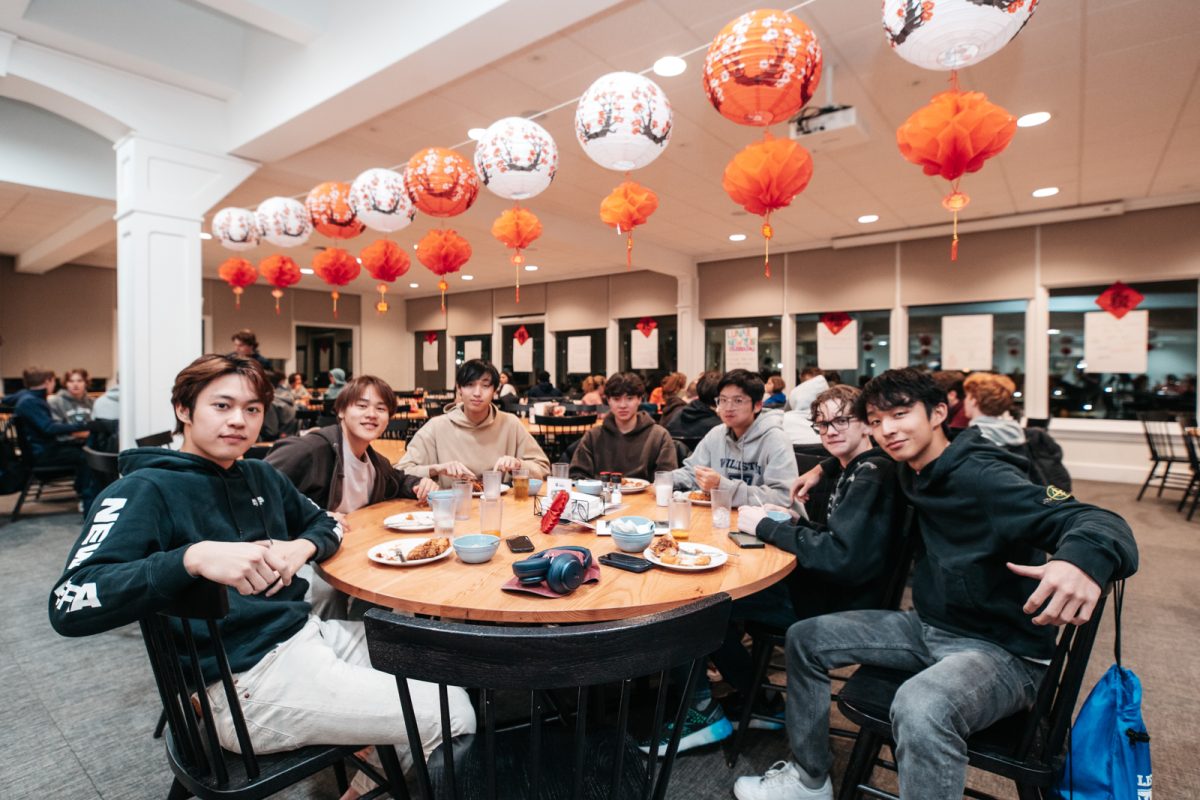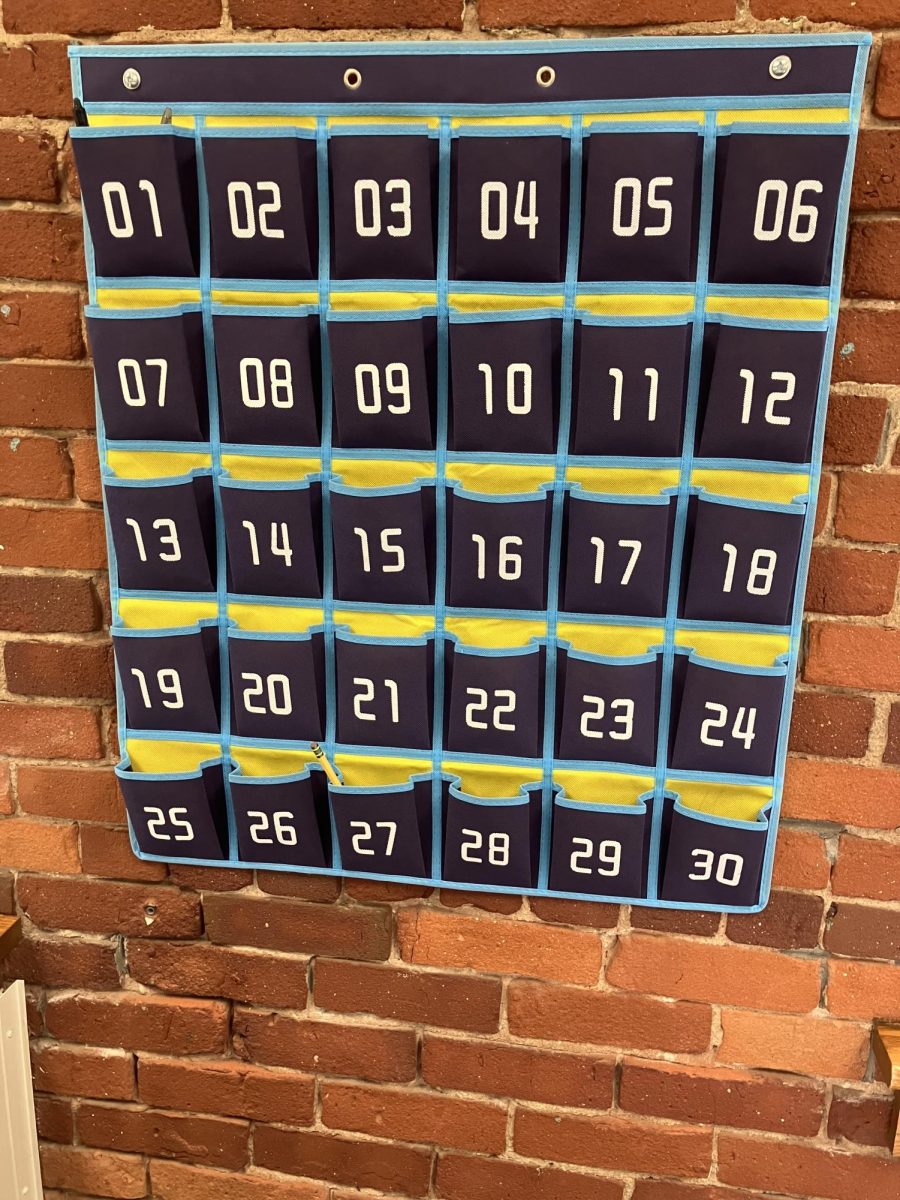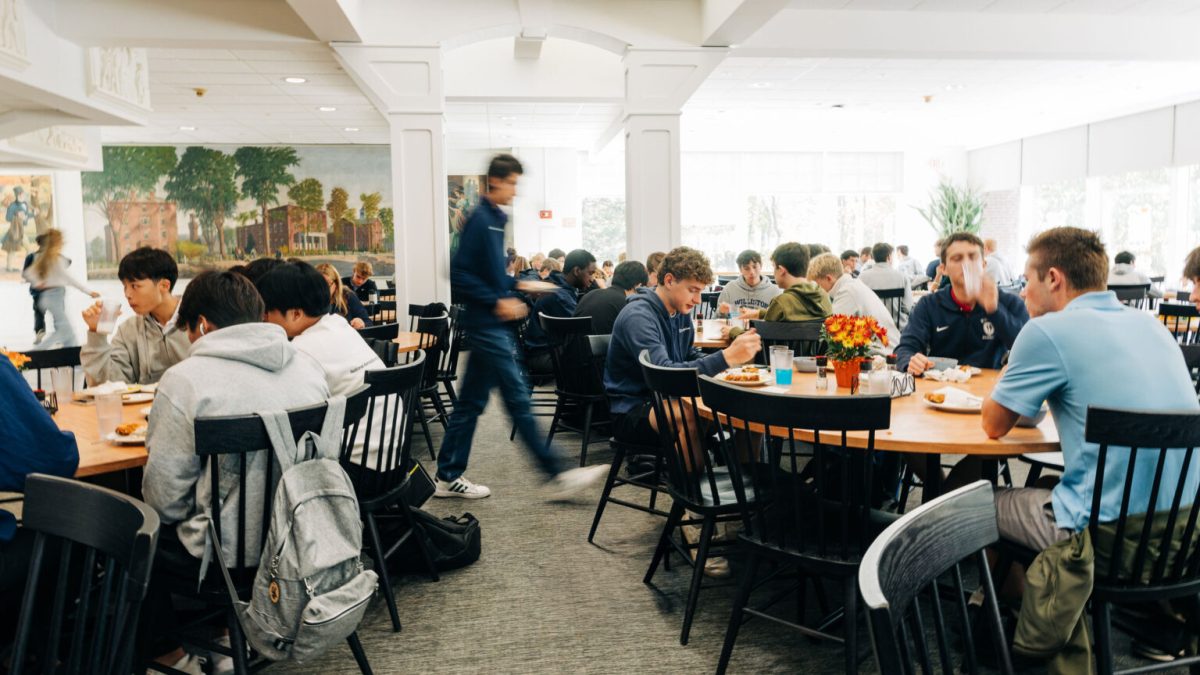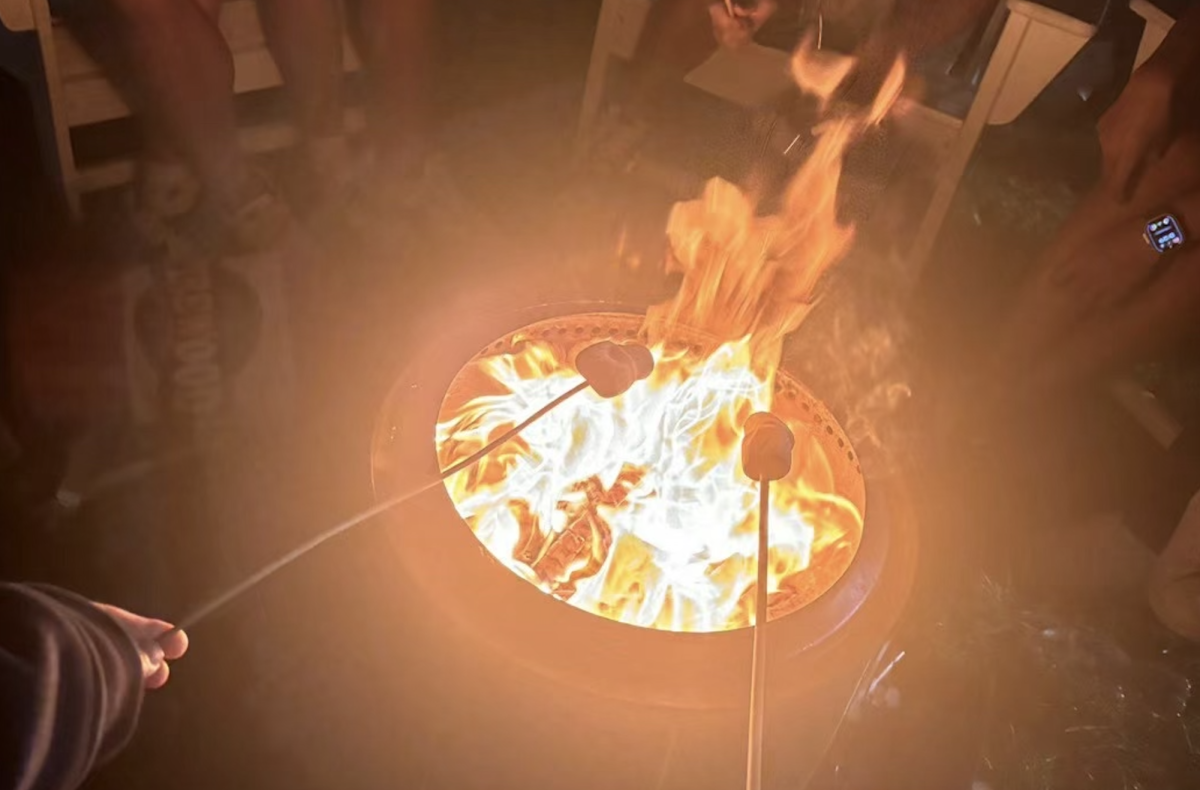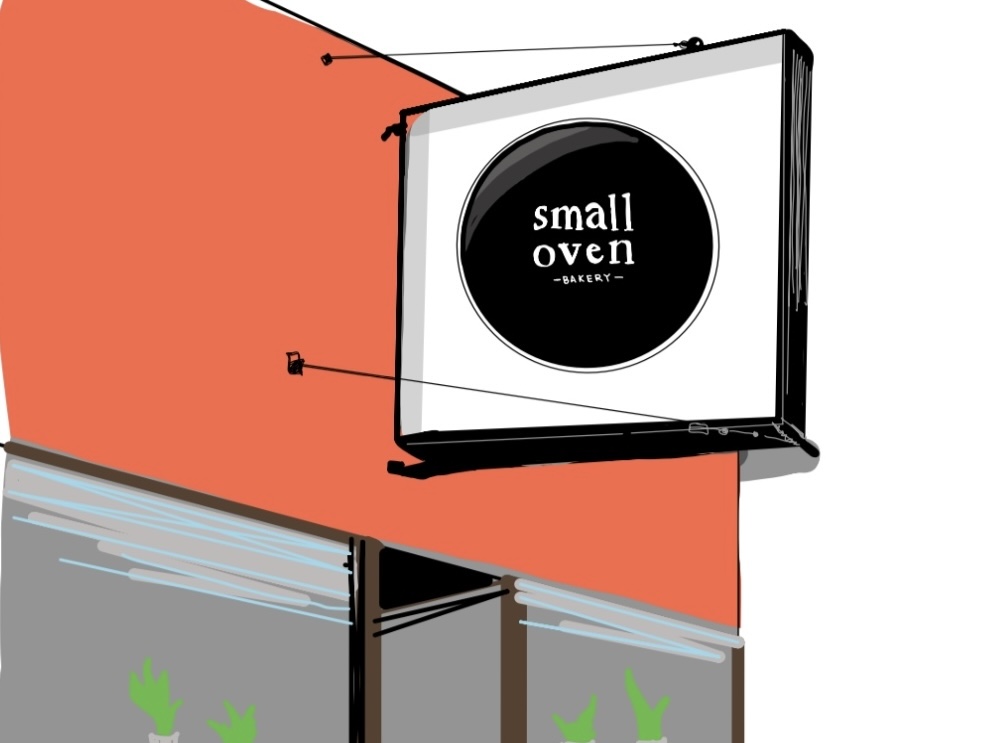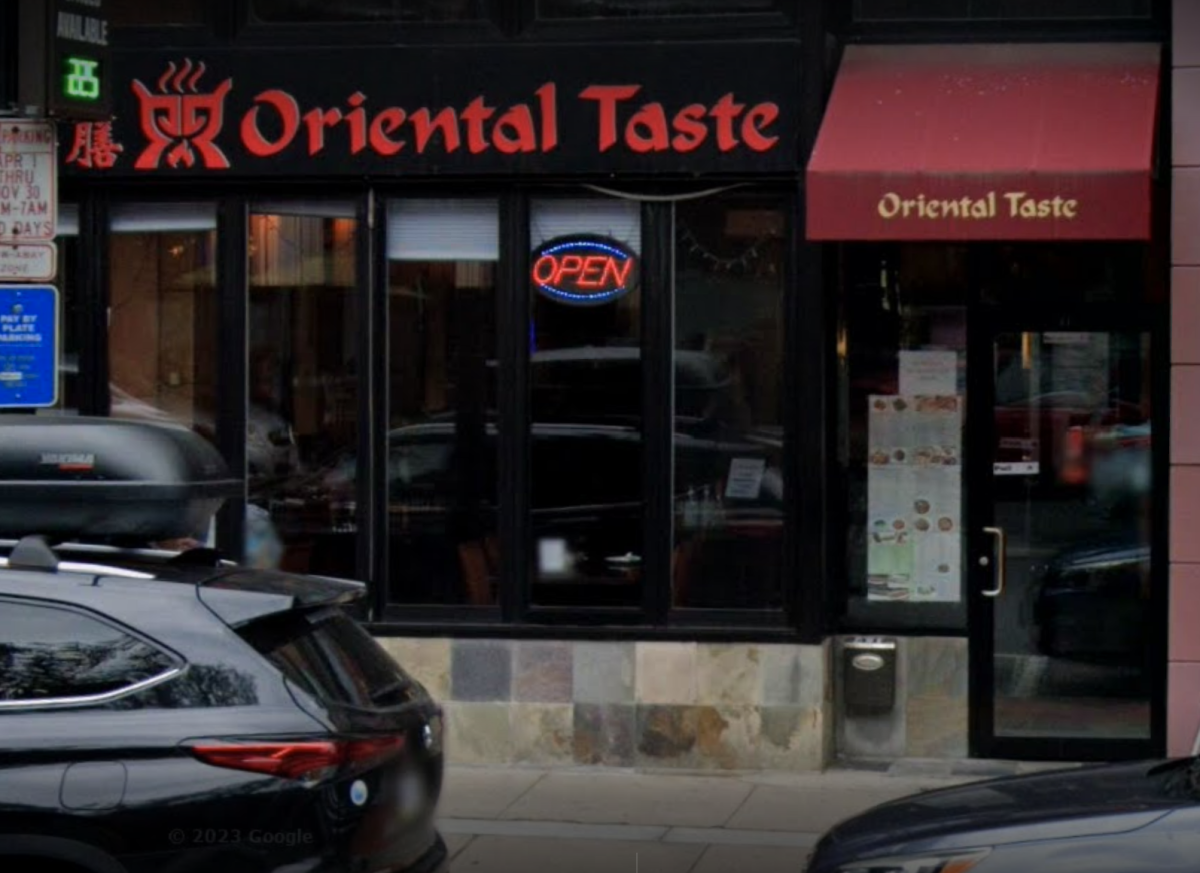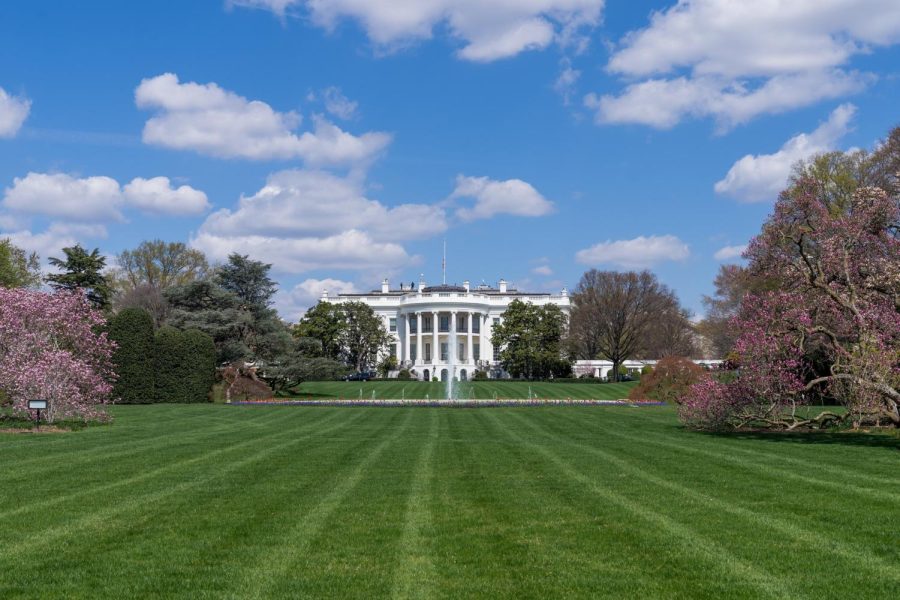A second new year has hit for many students on campus.
The Lunar New Year, also known as Chinese New Year or Spring Festival, marks the beginning of the new year on the lunisolar calendar. Usually falling between January 21 and February 20, the holiday represents the end of winter and the beginning of the spring season, and is celebrated in many Asian countries, including China, Korea, Vietnam, Indonesia, and more. The Lunar New Year is one of the most celebrated holidays in the world, and holds high significance amongst Chinese people. This year’s Lunar New Year was held on Feb 10, and marks the beginning of the year of the dragon.
An integral part of all Lunar New Year traditions is the reunion dinner with family members and relatives, which includes a thanksgiving prayer held to remember ancestors and mark the passing of the previous year. Dishes such as dumplings, cured meats, spring rolls, noodles, fish, and many other are prepared, depending on the culture. Families will give their homes a thorough cleaning to drive away bad luck and make room for good luck. On the street, many events, such as lion dances, fireworks, and parades are held.
Lucien Yin, a student from China, has fond memories of Lunar New Year back in China.
“During Chinese New Year, my dad will take me back to our hometown. Jiangxi, he said. “Whenever I return, my grandparents and relatives will stand in line and welcome us passionately. Sometimes, when it’s pretty late, my uncle will prepare noodles or some local foods; after a 6-hour drive, one bowl of noodles will be the most satisfying dish.”
The following day, Lucien said is his “favorite part. All the elders will give us red packets filled with money. Then my dad will take us to our ancestor’s tombs, and we will buy some firecrackers and alcohol [for the upcoming festival].”
Jaejoon Park, a freshman from South Korea, has a similar experience with Korean New Year, called Seollal.
“On [Seollal], me and my family go to Daegu, my grandparents’ hometown, and meet my grandparents’ relatives,” said Jaejoon. “[We would] bow to the elders, wishing for good fortune in the New Year and showing our respect [towards the adults, who] give us money, wishing us luck for the New Year. [We would also] eat Dduk Guk, a traditional soup with rice cakes, to celebrate the passing of the year.”
Nam Vu, an international student from Vietnam, has had a rather unique experience during the Lunar New Year in Vietnam, called Tet.
“We usually eat Banh Chung, which is sticky rice cake filled with meat and green beans.” he said. He also described that he and his family gamble, playing games such as poker, blackjack, and many more.
“There is a traditional belief that the ones who win a lot of games would have good luck, but will have a bad fortune in terms of love that year,” he said.



